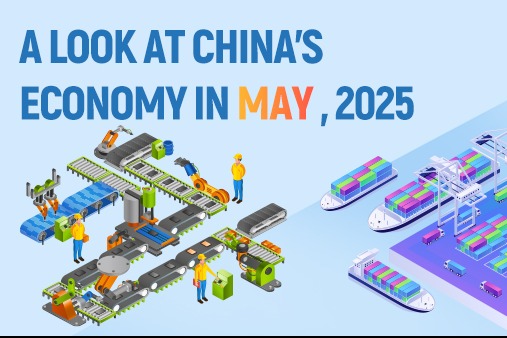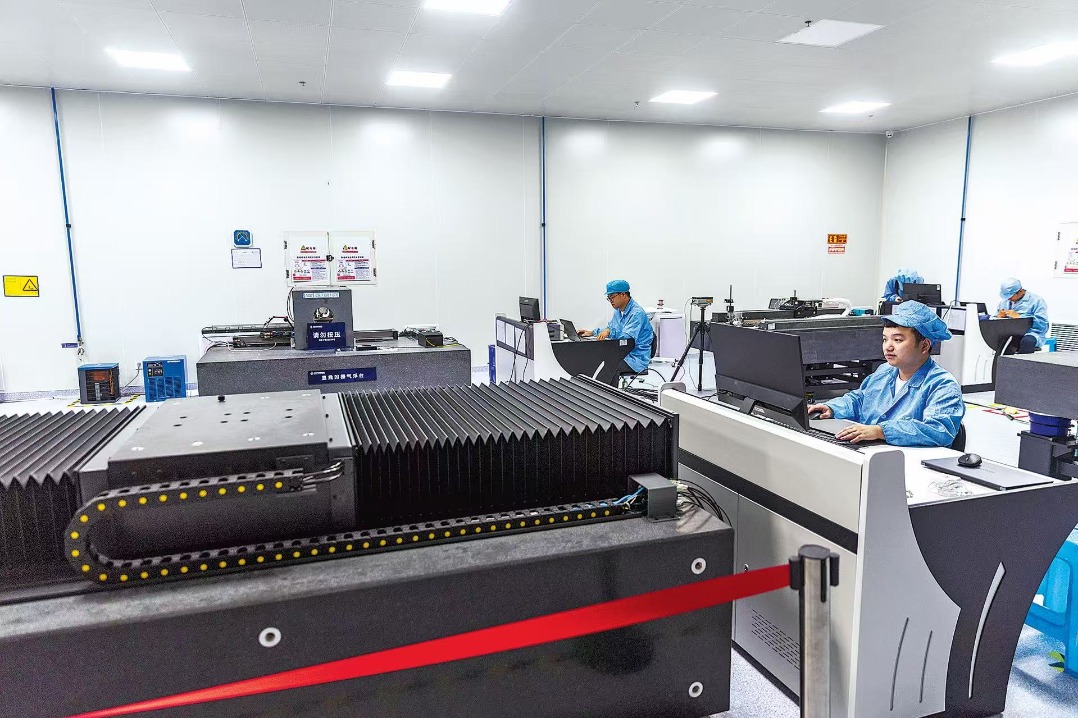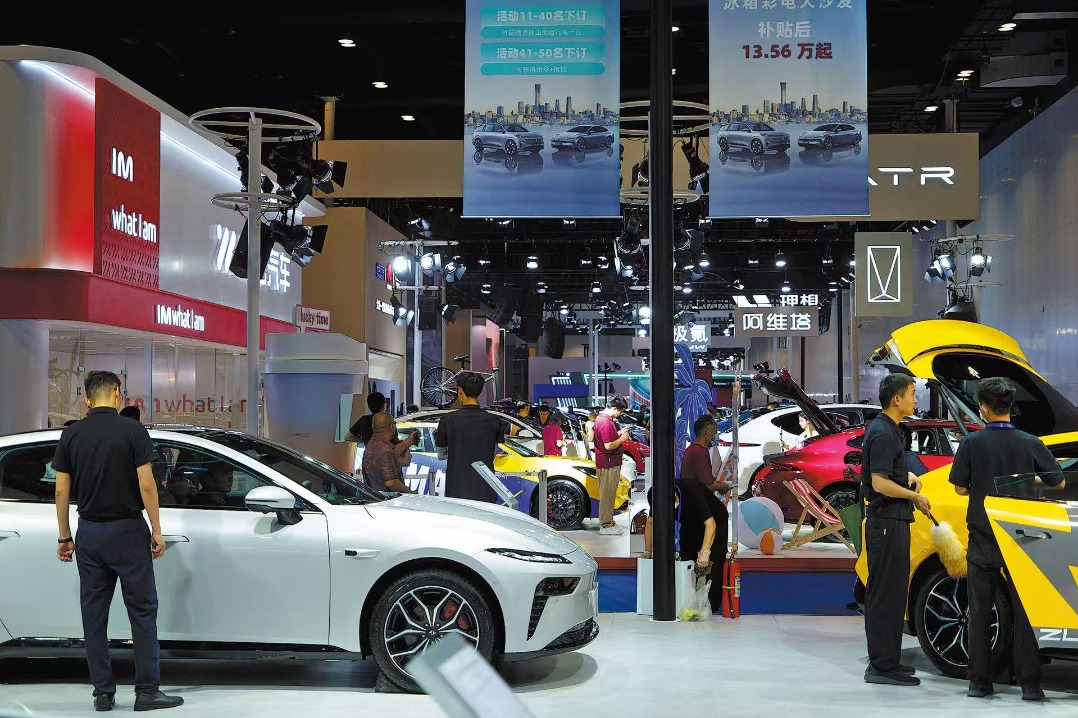Beijing hosts 2025 digital economy conference


The 2025 Global Digital Economy Conference opens on July 2 at Beijing's China National Convention Center in Chaoyang district, featuring enhanced international cooperation and cutting-edge technological displays.
Approved by the State Council, this year's event will run until July 5 with a theme of building digital-friendly cities, officials announced at a press conference on Monday.
According to authorities, the conference will feature strengthened global partnerships to promote multi-level international trust and cooperation among cities in technology, economy, culture, and other aspects.
Over 300 international delegates from more than 50 countries and organizations will attend, including WTO, BRICS, and SCO.
Technological showcases will include the premiere of Beijing's Top 10 Digital Applications and an opening ceremony music video entirely generated by AI.
Furthermore, 46 forums will explore AI integration, data security, and digital healthcare, while the Beijing Digital Economy Development Bluebook (2025) will be released during the event.
Public engagement initiatives include a 6,000-square-meter digital economy experience week opening on Friday (June 27), featuring immersive AI-generated content and metaverse technologies.
“This year, we put forward the concept of digital friendliness as an important guideline for Beijing's future construction as a global benchmark city for the digital economy,” said Liu Weiliang, deputy head and spokesperson for the Beijing Bureau of Economy and Information Technology.
According to Liu, Beijing's digital economy added value grew 8.3 percent year-on-year in the first quarter of this year, with core industries rising 9.7 percent.
Key achievements in this field include hosting 43 percent of China's top AI talent and registering 132 large AI models, 35 percent of national total.
From January to May this year, the Beijing International Data Exchange added 152 high-quality data products, with on-exchange trading volume exceeding 44 million yuan, a year-on-year increase of 37.63 percent, Liu said.




































